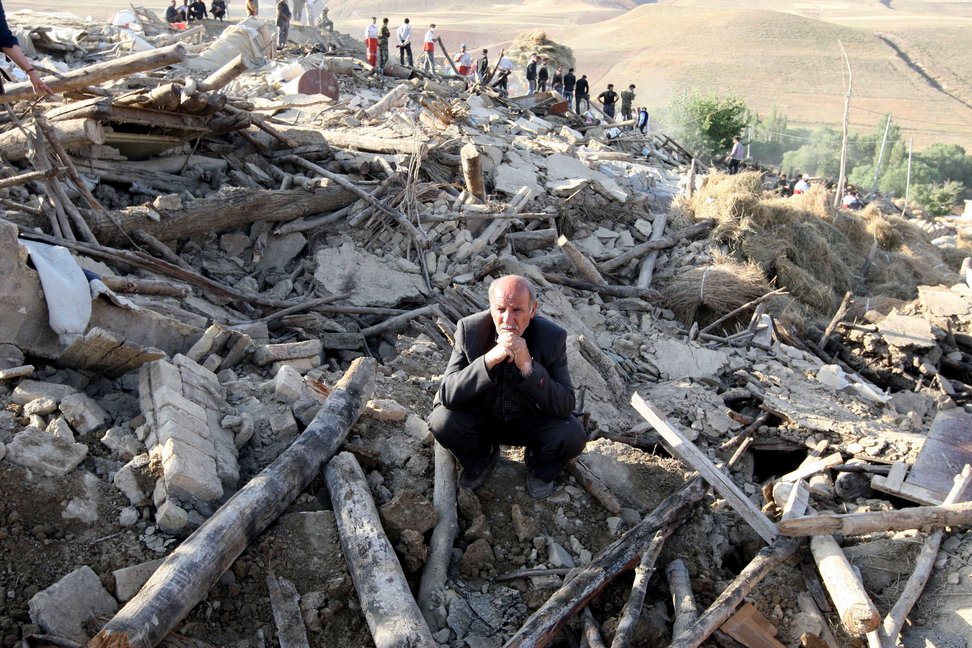CAIRO: The president of Cairo University, Hossam Kamel, and presidents of Helwan, Fayoum and Al-Wadi Al-Gadeed universities resigned Tuesday before the end of their term ahead of the first ever elections to choose new leaderships.
However, six other university presidents refused to resign, while the remaining eight stepped down because their legal term had ended, giving way to elections.
Minister of Higher Education Moataz Khorshid said in press statements that he will accept the resignations and that he does not have the authority to dismiss any university president.
He said that only the Supreme Council of the Armed Forces (SCAF) holds that authority.
"Those who resigned acted appropriately, while those refused to do so have put themselves in bad position with professors," said Laila Soueif, member of the March 9 Movement which calls for the independence of universities.
"Those who believe that they can still serve the university have the right to run in the elections; although we have objections against certain names who cooperated with the ousted regime. But we don’t mind if they contest the elections because this isn’t a personal conflict," she said.
University presidents will be chosen through an electoral college system while deans of faculties and department heads will be chosen through direct elections.
Professors and students have been organizing protests demanding the dismissal of appointed presidents, deans and department heads in favor of open elections.
According to Soueif, the Cabinet presented a draft law that allows for dismissing all university leaderships over a month ago, but it still awaits the approval of SCAF, the acting ruler of the country.
Traditionally, university presidents were appointed or dismissed directly by the president while deans and department heads came under the authority of the university presidents.
"Since we began our protests, we have been demanding the dismissal of all university leaderships that were members of the disbanded National Democratic Party and have spoiled academic life in Egypt," said Osama Al-Shaf’y, head of the Revolution Students Coalition.
He said that they will form a delegation to meet the minister after Ramadan to negotiate the sweeping dismissal and will consider gradual escalation by the start of the academic year if their demands are not met.
Students have been demanding a new student bylaw and a new law for universities and have agreed with Prime Minister Essam Sharaf to form a committee of professors, students and legal experts to draft a new law before presenting it to the elected parliament for approval, but the formation of the committee was postponed.
They said that the new law is the only guarantee for change since the resignation of the current leaderships was a voluntary gesture and is not binding to future leaders.
"In two weeks after the start of the academic year we will have newly elected student unions free of the remnants of the ousted regime which will facilitate pressure on officials legally without resorting to other forms of objection that may obstruct the academic process," Al-Shaf’y said.
Professors are also demanding transparency of university budgets and activating the role of the various university councils to become more involved in managing academic affairs.


